Zalando’s journey towards circularity
Zalando’s journey towards circularity
Discover how Zalando strives to promote circularity across five stages of products’ lifecycle - design, manufacture, use, reuse and close the loop
Discover how Zalando strives to promote circularity across five stages of products’ lifecycle - design, manufacture, use, reuse and close the loop

Circularity is a key aspect of creating a more sustainable future for fashion. This involves, for example, incorporating lower-impact materials, reusing and repairing products, minimising waste, and improving recycling infrastructure. But despite increasing regulatory support, brand commitments to sustainability, and shifting consumer behaviour around these efforts, they still aren’t being undertaken at the scale necessary to mitigate global challenges like climate change and resource scarcity. Circularity in fashion can significantly benefit the environment by reducing waste, conserving resources, and lowering greenhouse gas emissions, according to the Scaling Circularity Report, published by the Global Fashion Agenda and McKinsey in 2021.
Our journey towards circularity is a multifaceted process that requires commitment, strategic partnerships, but also willingness to embrace trial and error, as it involves the development of practices and systems never before existent in the industry.
Since 2020, we have extended the life of more than 6.3 million fashion products. It has involved testing various methods across four product stages: design and manufacture, use, reuse, and closing the loop.
Learn about our progress in each one of them:
Design and Manufacture
In the design and manufacturing stage, we are building internal knowledge and scaling our circular assortment across our private label brands. A special focus has been placed on using innovative materials and embedding circular designs in the product assortment for ZIGN Studio, an elevated collection of our private label ZIGN.
Use
From 2021 to 2023, we partnered with the startup Save Your Wardrobe to pilot an online platform where customers could book repair, cleaning, or alteration services for their used fashion items, leveraging the expertise of local tailors and cobblers. In 2023, we decided to pause the pilot to use the time to analyse our findings and convert them into possible next steps.
What we learned so far: The pilot showed high customer satisfaction and positive perception, while challenges included pricing and unit economics. We gained valuable insights and data about logistics, common repair needs, and key moments in the customer journey. These learnings will help us build viable solutions for extending the life of fashion items.
Reuse
We continue to promote reuse via our assortment of about 270,000 pre-owned products, available to Zalando customers across 13 markets and in 11 of our outlet stores, with new items added daily. Our pre-owned products undergo strict quality assurance processes and are offered with the same level of convenience as new items. In 2023, we improved the efficiencies and leveraged the synergies of our operations by using existing product data and imagery for items previously purchased on our platform and integrating pre-owned into our existing logistics operations. This has optimised our customer experience and ensured the right conditions for scaling up our service, such as faster deliveries and bundling pre-owned and new items into one shipment.
Closing the Loop
Our efforts towards closing the loop in the life cycle of garments include funding and partnerships to support innovation in collection, sorting, and recycling. We have invested in three textile-to-textile recyclers: Circ, Ambercycle, and Infinited Fiber Company. Our private labels business is exploring possibilities to secure long-term access to recycled materials through these innovators. This is a mutually beneficial process as it supports our sustainability targets and prepares us for upcoming regulatory requirements such as the Ecodesign for Sustainable Products Regulation (ESPR) while recyclers get the necessary demand certainty to support scaling. Additionally, we are participating in various recycling trials and projects, including Accelerating Circularity’s cellulose and polyester recycling trials, the “Reshoes'' footwear sorting and dismantling project led by the recycling innovation platform CETIA, and several programs with Fashion for Good, including an innovative recycling project co-led by FastFeetGrinded to drive circularity in footwear.
Scaling circular business models
Recently, Zalando announced its participation in The Fashion ReModel project alongside other leading fashion brands and retailers. Our goal is to openly share our experience with circularity, exchange with industry peers and take insights back to our business, allowing us to scale some of these circular initiatives.
Learn more about The Fashion ReModel project and its importance for a wide-industry transformation.
Learn more
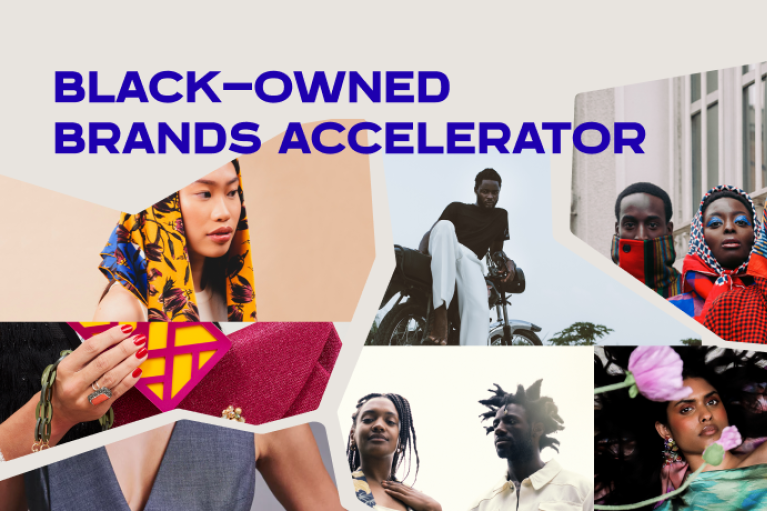
The seven Black-owned brands taking part in our Accelerator
The jury of the ADAN for Zalando Black-owned Brands Accelerator has selected seven talented brands that are taking part in the six-month upskilling programme
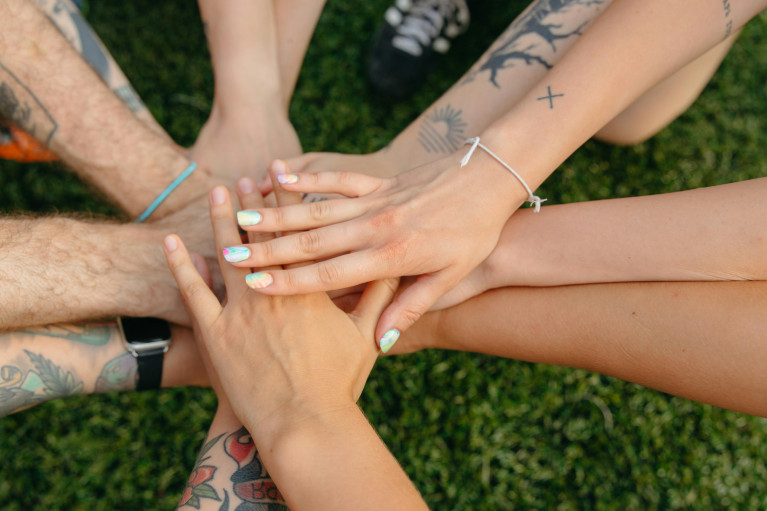
Acting local: our commitment to communities through volunteering
How our volunteering programme fosters personal growth, team spirit, and positive impact across local communities
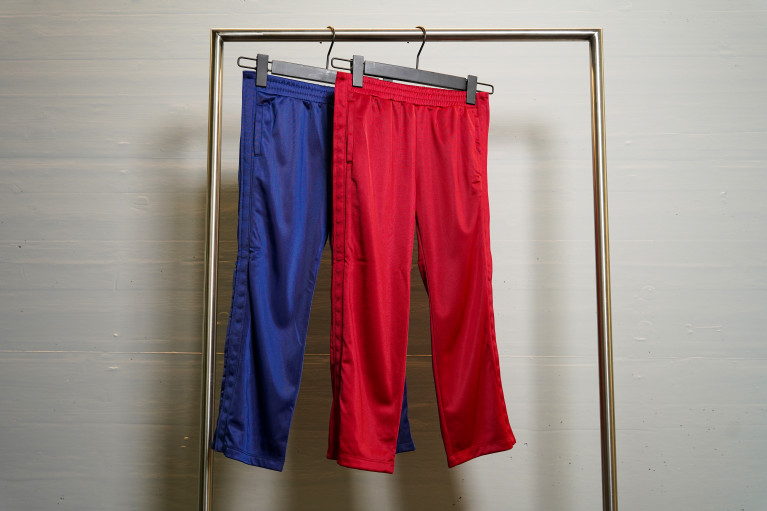
Empowering Disabled children through Adaptive fashion
Parents and caregivers of Disabled kids helped Zalando to define the most sought-after Adaptive features for its very first Adaptive kidswear collection
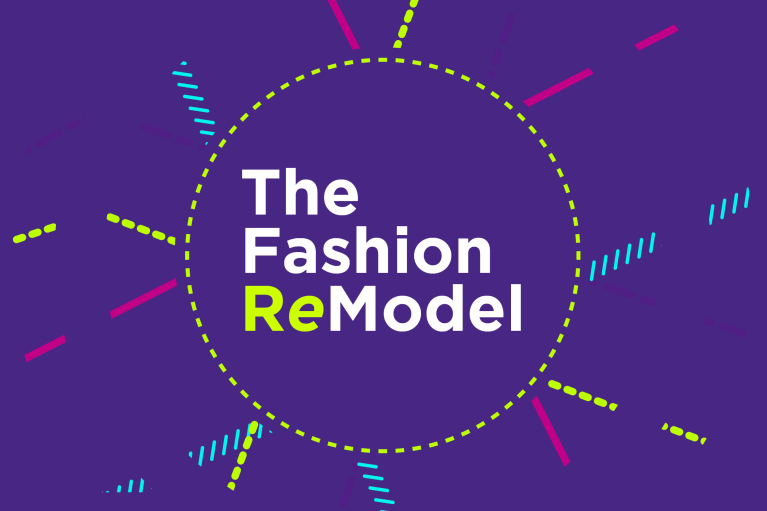
Moving towards a more circular future
As part of its commitment to incorporating more circular business models, Zalando joins The Fashion ReModel project alongside other leading fashion companies
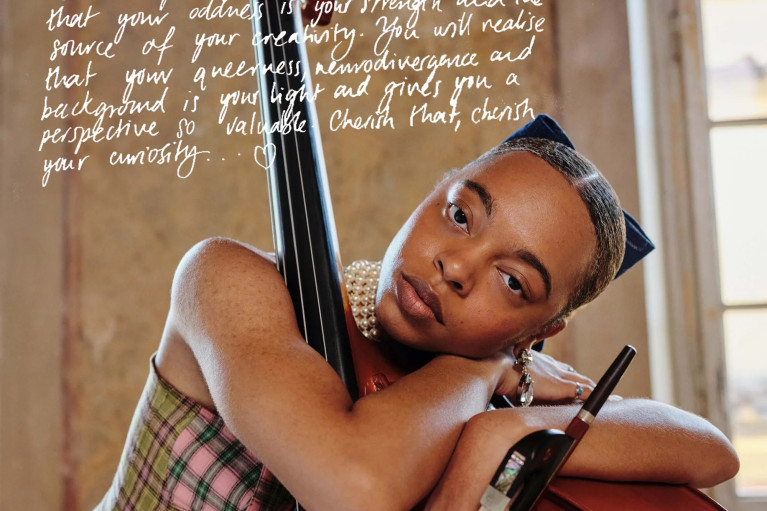
‘Their Time’ - exploring the LGBTQIA+ community’s concept of time
An insightful short film on how LGBTQIA+ people from all over Europe navigate progress at a different pace, shaped by historical and personal contexts
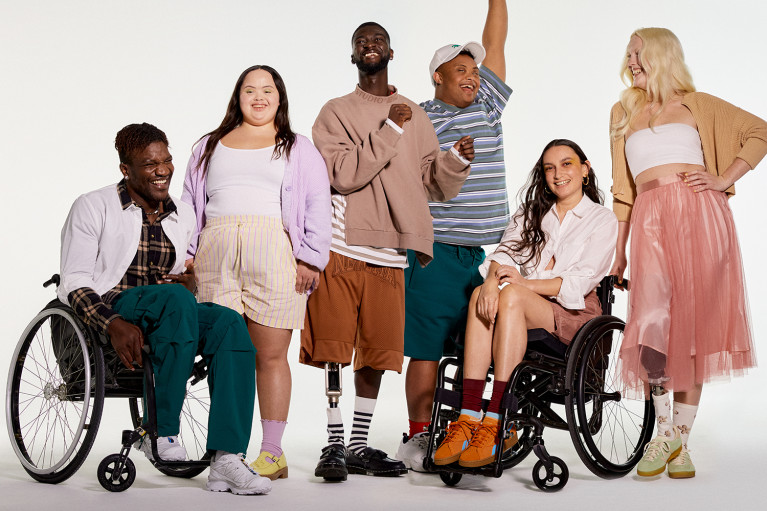
Adaptive Fashion Hub: functionality meets style and inspiration
Through an ever-growing collection and a unique shopping experience, Zalando strives to provide a truly inclusive journey for Disabled customers
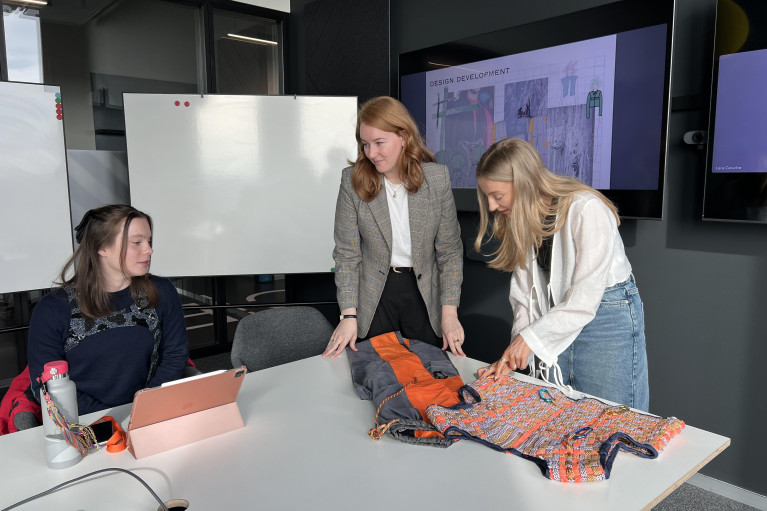
Empowering the next generation of fashion designers
Zalando expands programme that brings circularity to the curriculum of fashion design graduates

Upskilling Black-owned fashion brands with a new accelerator
Zalando and ADAN foster diversity and innovation within the fashion industry by launching a six-month accelerator programme for small Black-owned brands